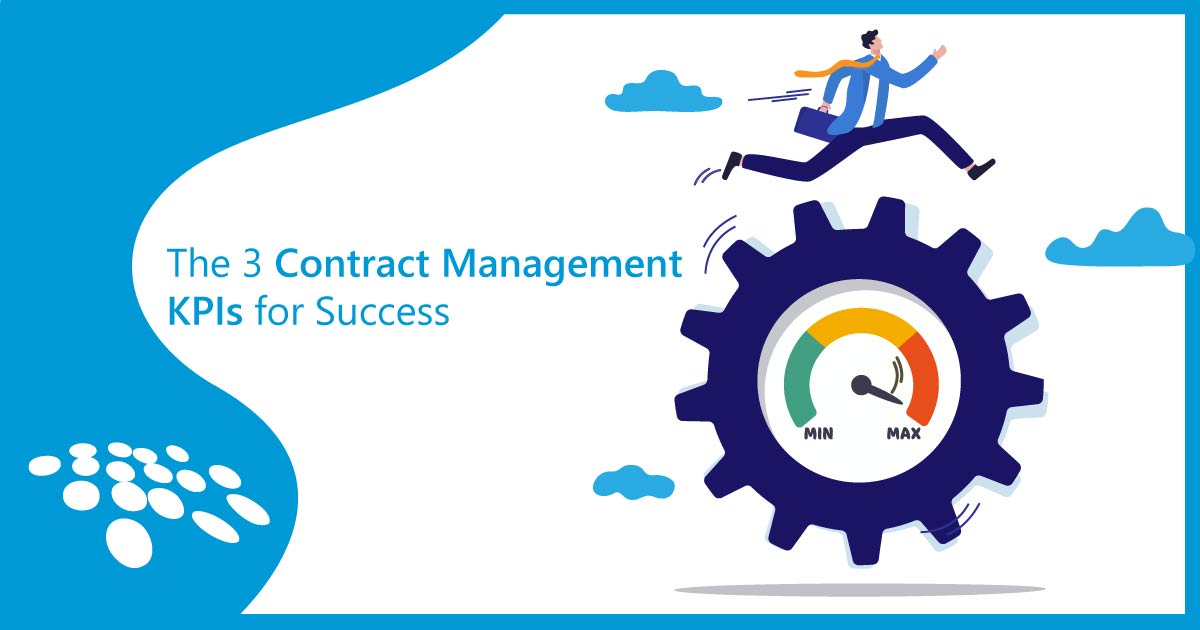![]()
At the heart of healthy business relationships are contracts. In an ideal world, contract parties perform obligations, they renegotiate or renew, and all are happy with a longstanding and fruitful business relationship…
…but unfortunately, we do not live in an ideal world.
Sometimes, one party fails to perform. As such, a breach of contract occurs. Time and money are wasted. Opportunities and value go “poof.” Crucial business processes are delayed or destroyed. Trust between parties is maimed.
With all of these negative effects, a breach of contract should clearly be avoided. Parties should have the right tools to identify contracts’ failure to perform and prevent breaches of contract. Thankfully, contract management software can help.
Defining Breach of Contract
A breach of contract means one party is failing or has failed to meet the terms of the contract. Breach of contract can result from issues with:
- making payments on time.
- performing obligations on time.
- violating compliance, regulations, or standards.
- completing obligations – but incorrectly.
The 4 Types of Contract Breach
Legal experts and those in the field tend to generally agree on four types of breaching of a contract. It is important to understand which of these…four horsemen of a contract performance apocalypse…applies to a breaching party.
Let’s take a look at which type of breach occurred for a given contract.
- Fundamental Breach: Severe and cut and dried, this breach is the one you might hear about on the news. The violation or failure of a party is so flagrant that the compliant party can just opt for contract termination if desired. There might even be a breach of contract lawsuit.
- Anticipatory Breach: This one can usually be resolved pretty easily. Here, one party makes it clear they will fall short on a contract obligation before legal action could be taken by the non-breaching party, but usually, the parties can work out a solution.
- Material Breach: This breach is pretty generalized. A term has been violated or the requirements of a party have not been performed. Maybe a delivery was late when time was of the essence for the non-breaching party’s business processes.
- Minor Breach: A party falls short, but not in a way that severely affects the non-breaching party. Perhaps a non-pressing deliverable was not performed on the due date – but rather the day after. In this example, the breaching party fell short, but not in a way that truly hindered the non-breaching party’s processes.
“How Are We Gonna Fix This?” - Breach of Contract Remedies & Solutions
Contract breaches happen from time to time. However, all is not lost.
There are solutions under contract law that can help remedy a breach. Let’s take a look at some common solutions.
- Compensatory Damages: This solution aims to serve as a sort of “reset.” The breaching party repays the other party – whether financially or with action(s) – in a manner that returns them to their original standing prior to the contract.
- Punitive Damages: In addition to the steps toward the return to stasis described above, additional compensation is provided to the non-breaching party for additional suffering.
- Specific Performance: Things keep moving with regard to the contract. The breaching party must perform the obligation that it is failing to perform.
Avoid Contract Breaches With Contract Management Software
Now that you know the basics of breaches of contract, you ought to know how legal technology can help you detect and avoid them. Leading contract lifecycle management software features for this purpose include:
- a secure and searchable contract repository to locate important obligations and terms within contracts down to the metadata field level.
- intelligent contract assembly and auto-redline to help ensure that low-risk, standard language and clauses are included in contracts to help reduce breaches.
- reports and dashboards for contract tracking oversight of tasks and contract management KPIs that promote contract completion.
- contract AI that provides a risk assessment matrix for proactively plotting and visualizing risk variables and risk exposure that might result in breaches.
All of the tools mentioned above and more are at your disposal with the leading contract management software solution on the market: CobbleStone Contract Insight®.
CobbleStone has received acclaim from users and third-party analysts alike. Just recently, CobbleStone was named the CLM Leader in the SPARK Matrix™ 2022 Report.
But don’t take our word for it.
Book a free demo with a CobbleStone expert to see robust contract software in action.
Ready to try CobbleStone for yourself? Enjoy a free trial to get hands-on with CobbleStone contract management.
*Legal Disclaimer: This article is not legal advice. The content of this article is for educational purposes only. The information on this website may not present the most up-to-date legal information. Readers should contact their attorneys for legal advice regarding any particular legal matter.






























